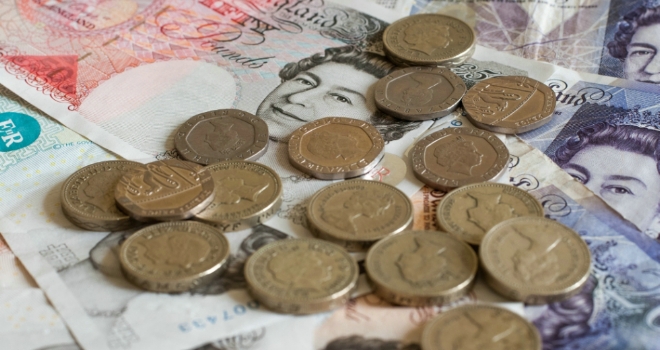
The government is also introducing a brand new 10% rate on long term external investment in unlisted companies, up to a separate maximum of £10 million of lifetime gains.
David Gibbs, Partner at Alliotts Accountants in London said: “So Who Will Pay the new rate of Capital Gains Tax? Not the buy to let investor, as the Chancellor’s paranoia towards hard working middle England investors continues as he announced cuts to the main rate of capital gains tax but specifically excluded gains on buy to let properties. The extra stamp duty on purchase and the withdrawal of tax relief on mortgage interest payments was repeated, leaving the 250,000 buy to let investors in the South East feeling out in the cold.
But capital gains tax on the sale of shares in private companies will apply to all investors for shares acquired from 17 March - previously you had to be an employee and own at least 5% of the business to get this rate.So, who’s left to pay the new rate of 20%? I guess that’s those with large listed share portfolio’s and financial investments.
I wonder if they know George?”
George Osborne said:"Our Capital Gains Tax is now one of the highest in the developed world, when we want our taxes to be among the lowest. The rates will come into effect in three weeks’ time. The old rates will be kept in place for gains on residential property and carried interest."
Tina Riches, national tax partner at Smith & Williamson, commented: "Not all investors or businesses count for the lower entrepreneurs’ relief rate, so the general reduction in CGT rates for higher rate taxpayers from 28% to 20% will encourage further investment in companies, helping to boost investment for those not eligible for entrepreneurs’ relief. Ultimately, this reflects the Chancellors leaning towards the enterprise economy, partly at the expense of owners of buy to lets and second homes.
Basic rate taxpayers will also benefit where investment meets the Chancellor’s criteria, with a rate drop from 18% to 10%, providing help for those with large share portfolios who may be hit from April 2016 by the higher taxes on dividends. This is likely to mean taxpayers reconsidering their portfolios."





